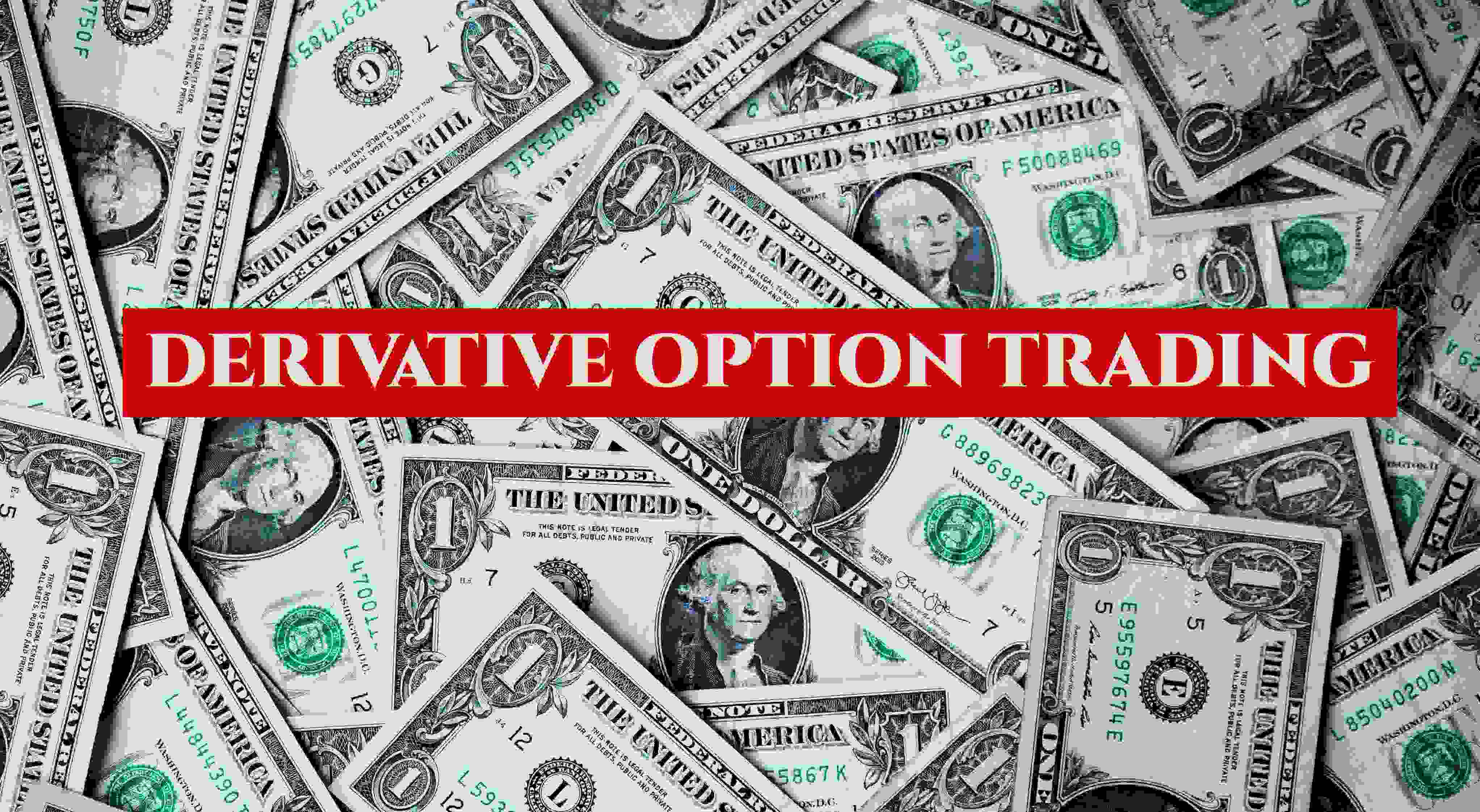


Consider a stock that’s currently trading for INR 100 a share. Let’s make sense of all of this terminology with an example. Depending on the underlying security’s price and the time remaining until expiration, an option is said to be in-the-money (profitable) or out-of-the-money (unprofitable). Extrinsic value represents other factors outside of those considered in intrinsic value that affect the premium, like how long the option is good for. Intrinsic value is the difference between an option contract’s strike price and current price of the underlying asset. The price to purchase an option is called a premium, and it’s calculated based on the underlying security’s price and values. Traders have until an option contract’s expiration date to exercise the option at its strike price. That predetermined price mentioned above is what’s known as a strike price. A call option gives you the opportunity to buy a security at a predetermined price by a specified date while a put option allows you to sell a security at a future date and price. Take stock options, where the price of a given stock dictates the value of the option contract. Options are what’s known as a derivative, meaning that they derive their value from another asset. To understand options, you just need to know a few key terms: Nifty 50 options, for example, allow traders to speculate as to the future direction of this benchmark stock index, which is commonly understood as a stand-in for the entire Indian stock market.Īt first glance, options seem a little counterintuitive, but they’re not as complicated as they appear. Options are tradable contracts that investors use to speculate about whether an asset’s price will be higher or lower at a certain date in the future, without any requirement to actually buy the asset in question. Options contracts give you the choice-but not the obligation-to buy or sell an underlying asset at a specified price by a specified date.
#TRADING OPTIONS REGISTRATION#
For index option registration reported on FlexClear™, ASX Clear charges a registration fee of $0.40 plus GST per contract and an exercise fee of $0.30 plus GST per contract.Options trading is how investors can speculate on the future direction of the overall stock market or individual securities, like stocks or bonds. In the case of index options, ASX Clear charges a registration fee of $0.45 plus GST per contract for ETOs and an exercise fee of $0.35 plus GST per contract. Registrations in option contracts with a premium of 1 cent or less will attract a $0 fee. If you are assigned on an option position, ASX Clear charges a fee of $0.05 plus GST per contract. If you exercise a share option, ASX Clear charges an exercise fee of $0.05 plus GST per contract. ASX reviews the allocation of stock every 6 months. ASX allocates each Single Stock Option into one of five Tiered Fee Categories. A fee of $0.05 - $0.25* plus GST per contract for single stock option registrations reported via FlexClear™. ASX Clear charges a registration fee of $0.06 - $0.31* plus GST per listed single stock option contract.


 0 kommentar(er)
0 kommentar(er)
